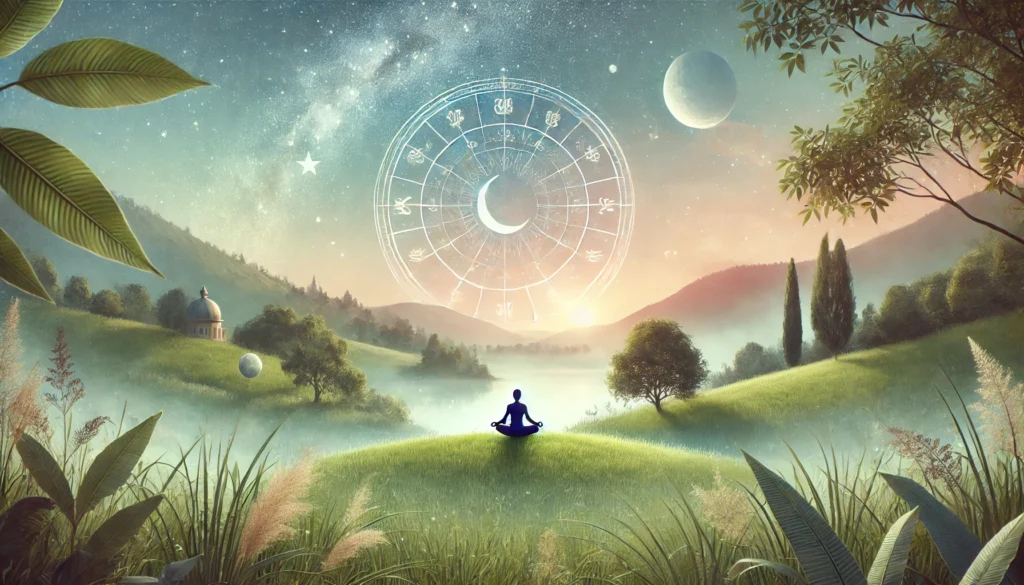What is Different Jayanti's in india and its significance ?

The term “Jayanti” holds profound significance in Vedic philosophy, embodying righteousness and blessings of victory. It represents the manifestation of divine influence, the occurrence of important events, and the formation of auspicious yogas in one’s life. Jayanti is not merely a name; it symbolizes auspiciousness and positive outcomes in various aspects of existence.
“Om Jayanti Mangala Kali Bhadrakali Kapalini.
Durga Kshama Shiva Dhatri Swaha Swadha Namostute.”
In this powerful mantra, “Jayanti” is one of the many names attributed to Mother Durga, who bestows victory. Just as deities incarnate on Earth to guide humanity, the timing of these incarnations is referred to as “Jayanti.”
Jayanti as a Special Yoga
Jayanti also signifies a specific yoga, a celestial alignment that occurs during the birth of great personalities or divine incarnations. One example is the “Jayanti yoga” mentioned during the birth of Lord Krishna, as described in the Vishnu Rahasya:
“Ashtami Krishnapakshasya Rohini Rakshasanyuta.
Bhavetpraushtapade maasi jayanti naam sa smrita”
This verse highlights the importance of Jayanti, a time when divine energies are believed to descend on Earth, filling it with auspiciousness, blessings, and positivity.
Jayanti Festival and Spiritual Connection
Jayanti celebrations are imbued with reverence and faith, offering a way for devotees to express their dedication to divine personalities. These celebrations include rituals, prayers, and festivals dedicated to deities and spiritual figures, and they play a pivotal role in bringing peace, prosperity, and happiness to participants.
Significant Jayantis in Indian Tradition
Hanuman Jayanti, Shani Jayanti, Geeta Jayanti, Sita Jayanti: These are major annual celebrations in India. During these festivals, rituals, fairs, and prayers are conducted across the country, promoting devotion and spiritual growth.
Das Mahavidya Jayanti: Celebrating the ten aspects of the goddess Mahavidya, this is a special time for the worship of Shakti. These include Mahavidya Kali, Tara, Lalita, Bhuvaneshwari, Tripura Bhairavi, Chhinnamasta, Dhumavati, Baglamukhi, Matangi, and Kamala.
Dashavatar Jayantis: The ten incarnations of Lord Vishnu, including Matsya, Kurma, Varaha, Narasimha, Vamana, Parashuram, Ram, Krishna, Buddha, and Kalki, are celebrated as part of this tradition. These avatars represent divine intervention for the protection of righteousness and the welfare of humanity.
Jayantis of Saints and Gurus: The birth anniversaries of spiritual masters such as Guru Nanak, Guru Gobind Singh, Valmiki, and Vyasa, among others, are celebrated with great devotion. These festivals pay tribute to the wisdom and teachings of these revered figures.
Jayanti and Its Universal Importance
Jayanti is more than just a commemoration of a birth anniversary. It is a cosmic alignment that connects individuals with divine energies. This special time is believed to promote spiritual well-being, mental clarity, and societal harmony.
The celebration of Jayanti, whether spiritual or social, has long been a tradition in India. From the incarnations of deities to the birth of saints, Jayanti reminds us of the divine presence in our lives and strengthens our connection to higher powers. It serves as a source of inspiration, guiding us toward a life of purpose, positivity, and balance.


